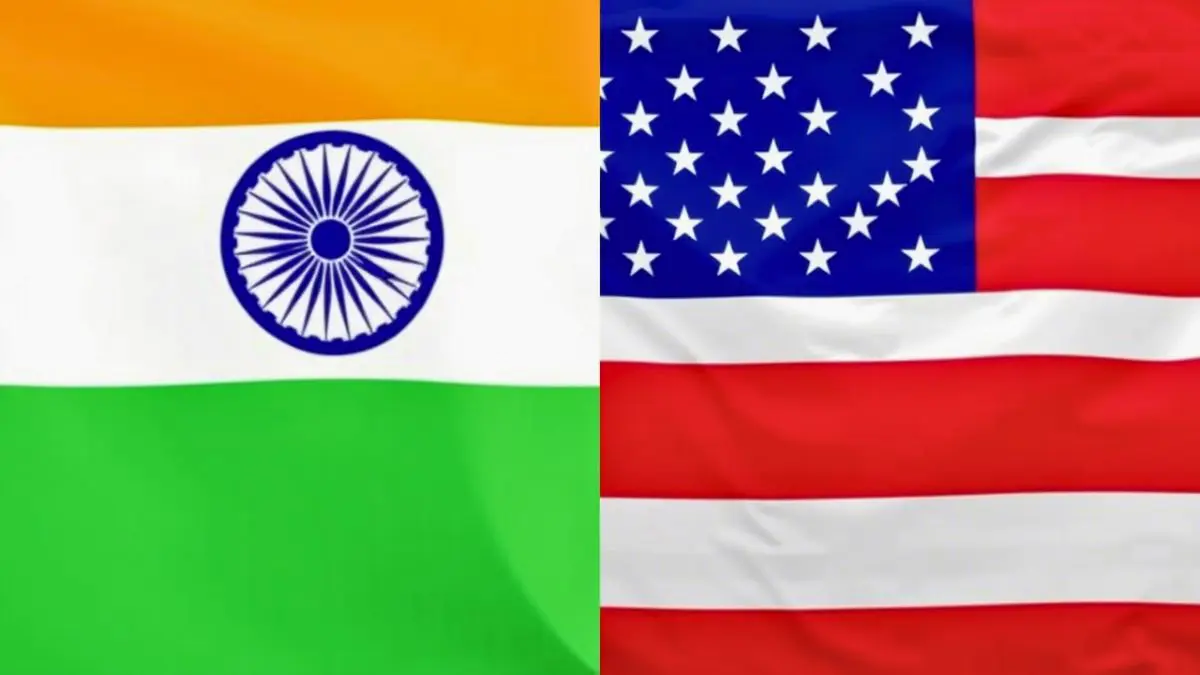India banks on bilateral trade deal to avert tariff row with US
12 Apr 2025

India is reported to have finalised the terms of the first phase of a bilateral trade deal with the United States, its largest trading partner, becoming the first among 15 nations with whom Washington is currently negotiating bilateral trade deals.
The Trump administration has imposed an additional 26 per cent across-the-board duty on all US imports from India. With two-way trade of more than $118 billion between the two countries in 2023-24, the tariff spike could seriously affect India’s exports to the United States.
India, which exports products and services ranging from steel to software to the US, has so far resisted from retaliatory measures.
The US, however, has deferred the duty impost by 90 days for countries with whom it is negotiating trade deals and India hopes to use the three-months period to arrive at favourable deals with lower tariffs.
Amidst global trade disruptions caused by President Donald Trump’s tariff policy, India’s commerce minister Piyush Goel has said that India is ready for a fair and equitable deal with all countries that respect global trade rules and the principles of multilateralism.
Addressing an interactive session at the Global Technology Summit, the commerce minister also said while New Delhi is looking at a faster trade deal, it cannot compromise on national interests for a quick deal with either the United States or the European Union.
Addressing another session at the summit, external affairs minister S Jaishankar also said India is working with a “very high” degree of urgency for concluding trade deals with the US and the European Union.
He also said US policies under President Donald Trump has fundamentally changed its ways of engaging with the world and this will reflect more in the technology sector.
The Trump administration on 2 April slapped universal duties on about 60 countries trading with America with additional levies on countries like India – a move that would impact export of products from shrimp to steel and software from the fifth largest economy while helping to cut US trade deficit with its trading partners and boost domestic manufacturing.
While the additional import duty was 26 per cent for India, the tariff levels were far higher for competitors like Thailand, Vietnam and China.
The 90-day suspension of tariff hike is not applicable to China, including Hong Kong and Macau.
Donald Trump’s tariff policy has created external shock and uncertainty for a number of countries like Sri Lanka, which is on a path to recovery from a major financial and economic crisis, according to the International Monetary Fund.
An IMF team, which was in Colombo from 3 to 11 April 2025, to discuss Sri Lanka’s performance and policies for the four-year $2.9 billion facility extended in 2023, noted that while the country’s economic growth has rebounded to 5 per cent in 2024, with an impressive decline in inflation to -2.6 per cent at end of March 2025, the country has been hit by a 44 per cent tariff by the Trump administration.
President Trump slapped universal duties on about 60 countries exporting goods and services to America with additional steep levies on countries like India.



















